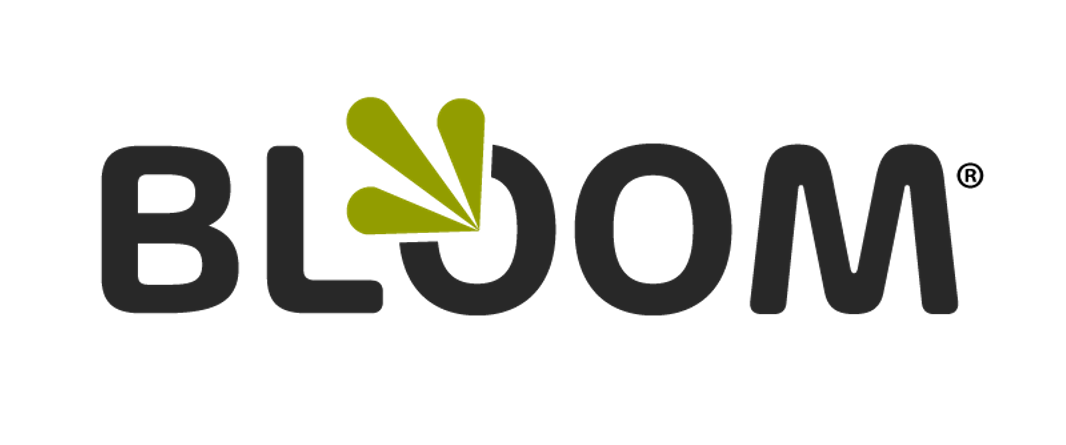Take The Bull By The Horns: Profit From Uncertainty
Embracing Uncertainty: An Overview
There is no sure-fire way to plan for the unknown, but let’s be clear: risk is not the unknown. Risk is calculated by identifying known contributors and variables; uncertainty is the space outside of risk. It is the unknowable. “The most challenging uncertainties that managers face,” says Schoemaker, “are those they haven’t a clue about - when they wake up one day to find that the Berlin Wall has crashed to the ground or to recognize that the Internet has merged or faded as a powerful new market space” (2).
Why should managers focus on something so unpredictable as uncertainty?
“Firm-specific actions account for just over half the value of a firm,” and the remainder is attributable to external forces that cannot be controlled, but that a company can prepare for through scenario planning (Schoemaker 6).
A few reasons to give uncertainty due consideration:
Uncertainty affects the external environment
The level of uncertainty appears to be increasing significantly
Humans have inherent limitations in dealing with uncertainty (Schoemaker 5).
It is also, says Schoemaker, the only source of superior profits (3). A brief look at past examples reveals that stakes are high and that a future that managers fail to see is the one they failed to prepare for (Schoemaker 3-5).
Why is uncertainty increasing?
There are innumerable factors that contribute to uncertainty. A few that are easily identifiable include:
More complex socioeconomic systems
New technologies
Demographic changes
Changing values
(Schoemaker 7)
Discomfort with uncertainty is a human response
Humans prefer the predictable. We have myopic eyes that limit our range of sight and timid souls that miss the bigger picture (13). We tend to trust our instincts, but the inherent problem is that instincts develop from past experiences, and uncertainty assumes that the future will differ greatly from the past (Schoemaker 14-15).
Uncertainty = opportunity
You can profit from uncertainties if you’re prepared, and you can prepare with scenario planning. “The less ambiguity we experience, the more we feel a problem can be structured, managed, planned for, and controlled. But competitors can do this as well, so the opportunity for advantage is diminished. We must learn how to welcome and indeed embrace ambiguity” (Schoemaker 10).
Schoemaker’s book includes a number of approaches that help prepare for uncertainty:
Scenario planning
Key success factors
Robustness analysis
Strategic vision
Options thinking
Dynamic monitoring (17)
Insight is well-versed in scenario planning. It’s something we’ve written about in the past, something we do with our clients nearly every day, and something we’d be happy to talk with you about. Scenario Planning was the theme for our 2009-2010 CEO Group that meets monthly.
Schoemaker, Paul J.H. Profiting from Uncertainty: Strategies for Succeeding No Matter What the Future Brings. New York: The Free Press, 2002.
